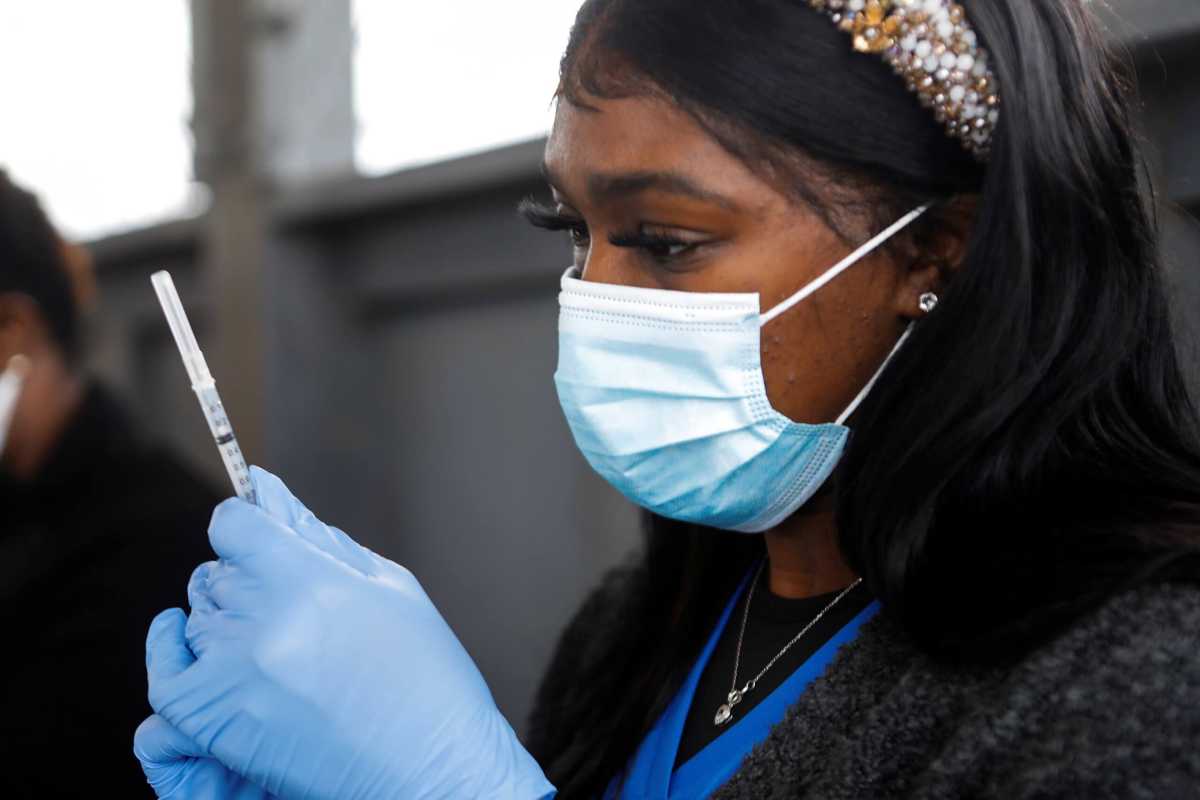The rollout of COVID-19 vaccines has been slow and messy. Supplies have been low, procedures have been rigid and complicated, communications have been inadequate and contradictory, and the threat of fines has inhibited full utilization. There are several categories of people currently eligible for vaccines, including those over 65, healthcare workers, teachers, individuals with certain underlying conditions, and people experiencing homelessness and living in shelters. For New Yorkers who are experiencing homelessness, there is an urgent need for vaccination in order to protect some of our most vulnerable citizens who face multiple obstacles to vaccination.
Here’s what we need to take into consideration for vaccinating our neighbors experiencing homelessness.
As supplies expand, effectively vaccinating New York City’s homeless population will require a commitment to address both the logistical challenge of getting arms and vaccine in the same location and also vaccine hesitancy. Accomplishing this will require multiple pathways, including with providers who are familiar with how to care for individuals experiencing homelessness —the campaign must offer choice and trust.
People who are homeless suffer from a high burden of conditions that make them more susceptible to severe COVID-19 and death while facing many challenges to accessing care. During the height of the pandemic New York City moved homeless individuals from congregate shelters into hotel rooms where it is easier to maintain social distancing, but there are still congregate settings in places like safe havens, drop-in centers and church bed programs that are at risk of outbreaks.
A significant number of people who are homeless and living with serious mental illness or chronic medical illness do not access regular clinical care in healthcare settings. So, not surprisingly, while the city has thus far set up a vaccination Point of Dispensing for shelters, it has been a logistical challenge to transport people there. More access points are needed. Healthcare for people who are homeless is mostly provided where people access other services including at shelters, safe havens, drop-in centers, and even outside. The same approach will need to be adopted to achieve a high rate of vaccination—we are going to have to vaccinate people where they’re at instead of counting on people to come to the vaccine.
Since last summer, the Department of Homeless Services has had teams perform COVID-19 tests and offer flu vaccines at shelters and safe havens. Pivoting this kind of operation to COVID vaccine administration could reach people who can’t or won’t make it to a mass vaccination site. Even this effort, however, was hampered by a hesitancy to accept testing or vaccine or both, and we are not surprisingly encountering hesitancy to accept COVID vaccines.
People who are homeless understandably prioritize basic needs of shelter, safety and food over healthcare. But at the same time, there can be a mistrust of the medical establishment and COVID vaccines in particular. This mistrust is exacerbated by a glaring racial disparity among people who are homeless in New York City, with a nearly opposite disparity among healthcare providers. The Center for Urban Community Services (CUCS) healthcare providers apply lessons of person-centered care and harm reduction to successfully outreach, engage and nurture effective healthcare relationships with our patients. It is through these relationships that people accept care after years of neglect, and it is through these relationships that people’s hesitancy will be softened. If the vaccine is to reach as widely as possible, trusted community providers must be enlisted and vaccines will need to get into the field.
Vaccines are not simply medicine. The success of vaccine campaigns also depends on the relationship between communities and authority. Access can not only be determined by the healthcare infrastructure and storage requirements, distribution must also work for people where they are. Acceptance will not hinge on data and goodwill, trusted partners must be enlisted, or new trust must be earned.
The well-being of our city depends upon our commitment to reach its most vulnerable.
Dr. Van Yu is the Chief Medical Officer at the Center for Urban Community Services (CUCS).


































